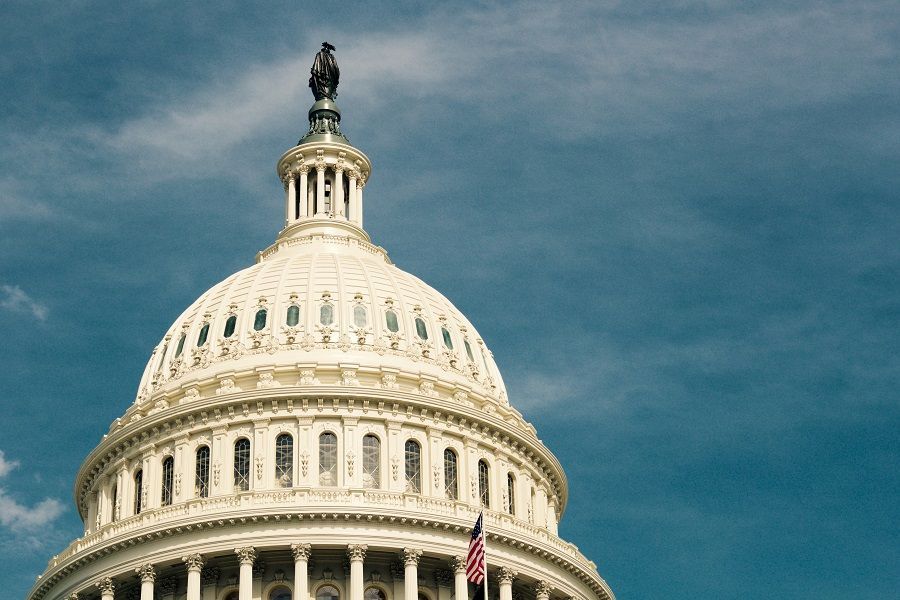SO YOU THINK EMPLOYERS CAN NOW MAINTAIN NO-COMPETE AGREEMENTS WITH NO THREAT OF LEGAL CHALLENGE? BETTER HOLD THE PHONE...

As most know, in August a Texas federal court struck down the FTC’s proposed regulation banning employment non-competition agreements. However, on October 7, the NLRB’s General Counsel published a Memorandum reiterating, and further explaining, her position that most non-competition agreements violate the National Labor Relations Act, “NLRA.” This is a position that she originally announced in a May 23 Memorandum. She appears to have double-downed on this, possibly because of the FTC ruling. At any rate, employers should be aware that the NLRA applies to most private employers, whether they have a union-organized workplace or not.
Additionally, the General Counsel’s Memo states that “stay-or-pay” agreements are generally also illegal under the NLRA. These are any contracts under which an employee must pay their employer if they separate from employment, whether voluntarily or involuntarily, within a certain timeframe. Some examples are: training repayment agreement provisions or educational repayment contracts.
If an employer maintains unlawful stay-or-pay provisions or non-compete provisions, the NLRB is going to seek financial “make whole” remedies. In the case of a no-compete, this could include the difference between what the employee makes and what they could have made in another job. The Memo states “an employee must demonstrate that: (1) there was a vacancy available for a job with a better compensation package; (2) they were qualified for the job; and (3) they were discouraged from applying for or accepting the job because of the non-compete provision.” If these criteria are satisfied, the employer must compensate the employee for the difference (in terms of pay or benefits) between what they would have received and what they did receive during the same period. This could also be a remedy for a stay-or-pay agreement.
It must be noted that this General Counsel Memo does not have the force of law. However, it does set forth the enforcement position of the NLRA, meaning that NLRB Charges and investigations will likely follow. A court may eventually find that the General Counsel’s position is not in accord with the law, but it would be very expensive for an individual employer to litigate to that point.
Employers have 60 days to “cure” existing stay-or-pay provisions by unilaterally altering contract terms to conform to the General Counsel’s demands. Otherwise, they will be subject to prosecution. It appears to us that so altering the agreements would render them pretty much useless.
Employers should review any no-competes, or stay-or-pay agreements that they utilize, and determine if such agreements might violate the conditions set forth in the General Counsel’s Memo. If so, a decision will have to be made as to whether to continue to use the agreements. Employers should consult with labor counsel in making the decision whether to continue to use these agreements.
Recent Posts








